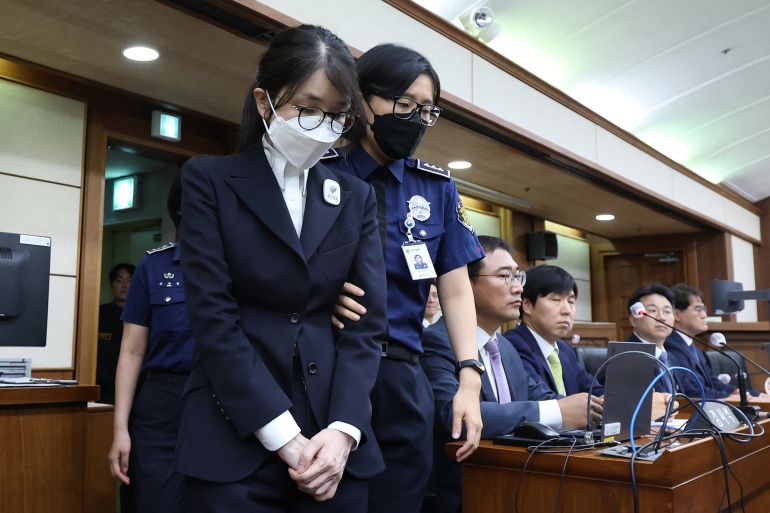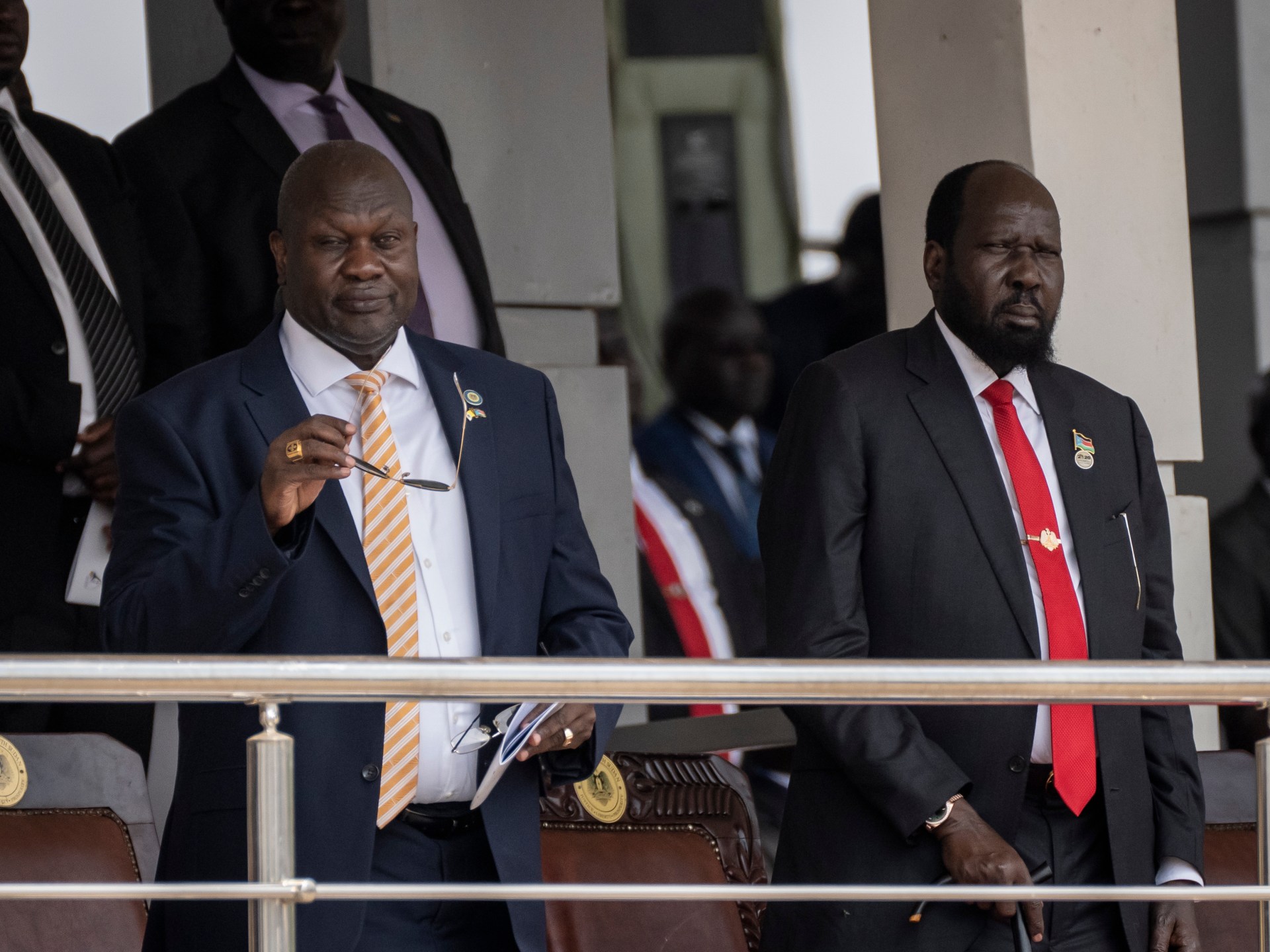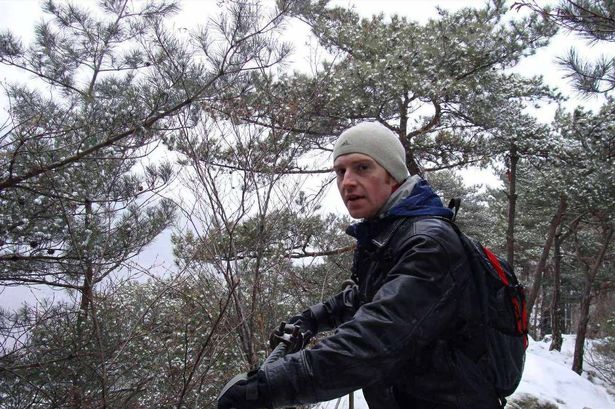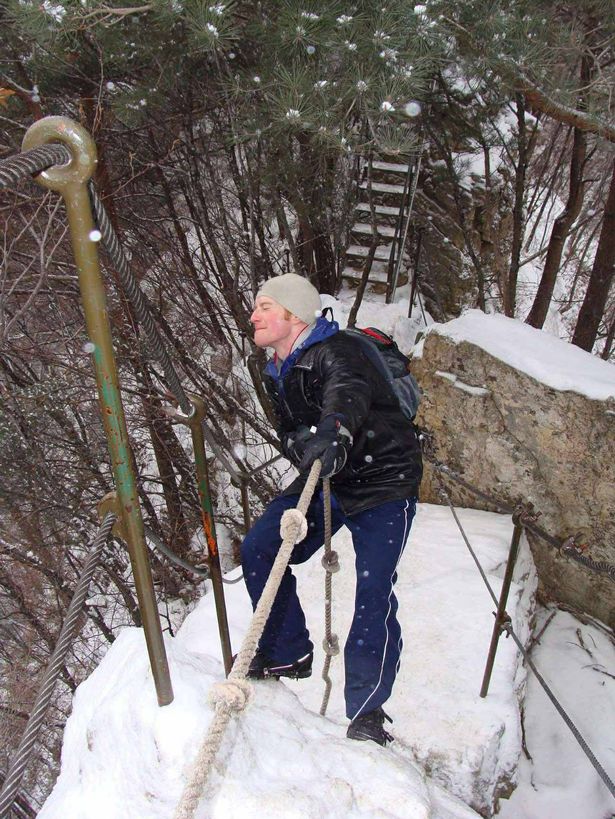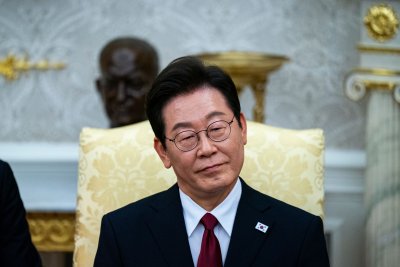When Nigerian Army troops of the 34 Artillery Brigade stormed the hideout of Ifeanyi Eze Okorienta, popularly known as ‘Gentle De Yahoo’ in Aku-Ihube, South East Nigeria, they did more than capture a notorious commander of the Indigenous People of Biafra (IPOB) and its armed wing, the Eastern Security Network (ESN). They triggered a complex mix of emotions across the region, especially in the Okigwe Local Government Area of Imo State, where he was captured. There was hope for lasting security, fear of retaliatory violence, and uncertainty about what comes next for communities shattered by years of conflict.
The operation, which recovered weapons, ammunition, military uniforms, and uncovered a workshop for dismantling stolen vehicles, represents a significant tactical victory for security forces. Yet, for ordinary citizens, the arrest raises pressing questions about whether one commander’s capture can truly change their daily reality of fear, displacement, and economic devastation.
The broader context of Gentle De Yahoo’s activities is a region grappling with staggering human losses. Between January 2021 and June 2023, at least 1,844 people were killed in South East Nigeria amidst escalating conflict involving gunmen, criminal gangs, IPOB/ESN, state-backed paramilitaries, and Nigerian security forces.
‘We have nothing but fear’
The IPOB/ESN dynamic is born out of the group’s agitation to secede from Nigeria and form an independent country of Biafra, comprising the South East and parts of the South South. Over the years, they have turned to violence to promote their cause, displacing dozens in the process.
Among those affected is Rebecca Okiri, a widow and mother of three, now living in a displaced-persons camp in Anambra. Armed men set her house on fire because her husband refused to pay their so-called ‘tax’. He was killed in the attack.
“I watched him die trying to protect our children. Now we have nothing but fear,” Rebecca told HumAngle.
Her experience mirrors countless others documented by Amnesty International. The organisation reports that gunmen have turned communities like Agwa and Izombe in Imo State and Lilu in Anambra State into “ungoverned spaces” where traditional rulers have been sacked, residents displaced, and gunmen have taken total control.
This violence has created a climate of pervasive fear. As one displaced resident explained, “The most challenging aspect is that people are afraid to talk. You do not know who you are talking to, whether the person is an informant to the gunmen.”
Beyond direct violence, the enforcement of IPOB/ESN sit-at-home orders since August 2021 has paralysed the economy, with estimated losses reaching ₦7.6 trillion over four years.
“Every Monday, we sit at home, and we lose money we cannot recover,” said Okechukwu Mbah, a market trader in Onitsha. “But it’s not just Mondays anymore; the fear is constant. Customers no longer come from other regions, and those of us here are afraid to invest in our businesses. They have stolen our present and our future.”
This was the environment in which Gentle De Yahoo operated until his capture.
The arrest: temporary relief or temporary victory?
The capture represents a significant blow to IPOB/ESN operations in Imo State and potentially across the South East. As a notorious commander, his reported activities included coordinating attacks on security forces, managing weapons procurement, overseeing criminal operations such as vehicle theft, and enforcing sit-at-home orders through violence and intimidation.
“The capture of a prominent field commander like Gentle De Yahoo creates immediate operational paralysis for the group in that specific area. There will be a period of disruption as they reorganise, which provides a crucial window for security forces to press their advantage,” according to Hassan Usman, a security analyst and retired military officer.
However, experts caution that such arrests often only provide temporary relief unless accompanied by broader strategies to address the root causes of the conflict. The shift of groups like IPOB/ESN, from community protectors to predators, reflects a familiar pattern observable across fragile states globally.
When formal institutions retreat or fail, vigilante groups often step in to fill security gaps. Initially, they provide genuine protection, but without accountability mechanisms or sustainable funding, they tend to adopt predatory behaviour to maintain operations. In the absence of legitimate alternatives, communities are vulnerable to capture by the very forces that once defended them. This cycle helps explain both the rise of figures like Gentle De Yahoo and the mixed emotions that follow his arrest.
For some, the news has inspired cautious hope. Chidinma Okoro, a schoolteacher in Okigwe, said, “Maybe now we can finally sleep through the night without fear. Maybe our children can go to school regularly again. But we have been disappointed before; one arrest won’t remove all the fear they’ve planted in our hearts.”
Echoing the scepticism, Mustapha Sani, a civil society activist based in Enugu, told HumAngle that “We’ve seen these arrests before. The system that produces Gentle De Yahoos remains intact—poverty, marginalisation, and brutal security responses that often punish ordinary people more than the militants. Until we address why young men take up arms, we’ll just be playing whack-a-mole with commanders.”
Meanwhile, some residents who spoke to HumAngle fear retaliatory violence following the high-profile arrest. A community leader from Owerri, who pleaded anonymity, said, “When they arrest someone like this, his followers often take out their anger on vulnerable communities. We’re telling our people to be even more careful now—this might be a time of increased danger, not less.”
The arrest also brings mixed emotions for those displaced—hope for return tempered by fear of what remains.
‘The trauma runs deep’
Amnesty International reports that traditional marriage and burial ceremonies, once held in ancestral homes, now often take place in communities outside the South East due to fear of attack.
“We have families who haven’t seen their homes in three years,” Joseph Ekwueme, a Catholic priest who runs a faith-based displacement camp in Ebonyi State. “Children who have forgotten what it means to have a permanent home. The trauma runs deep—night terrors, depression, hopelessness. An arrest might make headlines, but it doesn’t automatically heal these wounds.”
Returning home presents challenges beyond physical security. Many communities have been reduced to “ungoverned spaces”, with destroyed infrastructure, collapsed governance, and shattered social networks.
Amara Nwosu, a psychologist working with trauma victims in displacement camps, explained: “The psychological barriers to return are often as formidable as the physical ones. People have witnessed unspeakable violence—neighbours killed, homes burned, loved ones disappeared. Rebuilding trust within communities will take years, not weeks.”
The way forward
While security operations like the one that captured Gentle De Yahoo are necessary, communities and experts stress that sustainable peace requires tackling root causes.
“We must create alternative economic pathways for youth who might otherwise be attracted to militancy. Micro-investment schemes targeting small businesses could help restore the commercial networks that bind communities together,” said Chinedu Okafor, a professor of economics at Nnamdi Azikiwe University in Anambra State.
Others emphasise social and cultural solutions. A traditional ruler in the region, who simply identified as Nnamelu, argued: “We know our communities best. What we need are resources to support community policing, programmes to engage our youth, and truth-telling processes to begin healing. The military cannot solve this alone—it requires all of us working together.”
Calls for accountability have also grown louder. Amnesty International and other human rights organisations have urged thorough investigations into all allegations of violations committed by state and non-state actors in the region.
“The Nigerian authorities must uphold their constitutional and international human rights obligations by guaranteeing, protecting and ensuring the rights to life, physical integrity, and liberty, security and safety of the people and stemming the tide of rampant insecurity in the South East region,” Isa Sanusi, Director of Amnesty International Nigeria, stated.
Ultimately, the true measure of success will be whether this operation becomes part of a broader strategy that addresses not just the symptoms of the conflict, but its root causes—historical grievances, economic marginalisation, and the absence of accountable governance that have fuelled the cycle of violence for far too long.
For survivors like Ebulie John from Ihiala, the stakes are clear. “The ‘unknown gunmen’ are armed—some come with guns, cutlasses, and machetes. If they come for an attack, anyone who blocks their way will be killed. It has been a terrible situation, people are scared,” he said.
The arrest of Gentle De Yahoo will only matter if it makes such stories less frequent and eventually a thing of the past.
